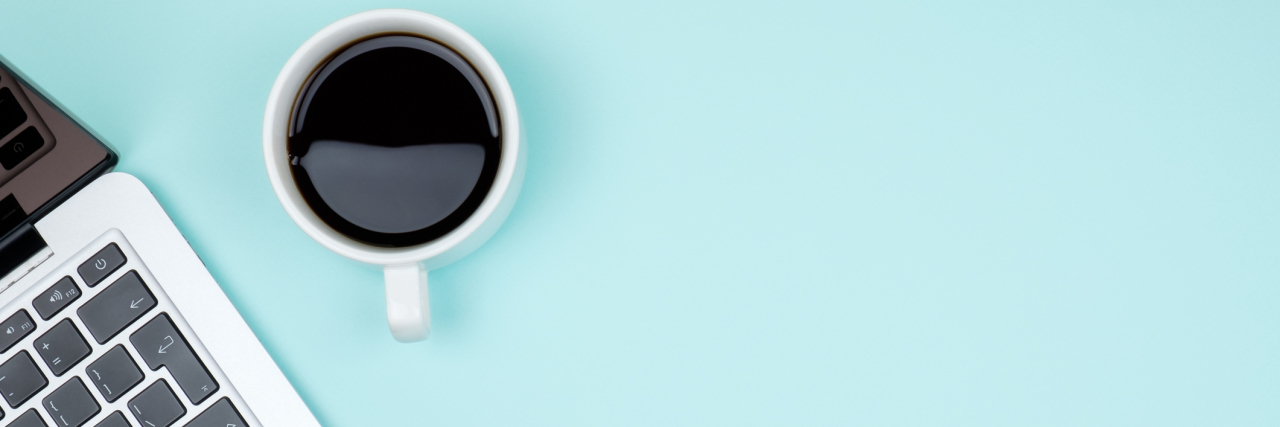Social media has arguably been one of the most important technologies to arise from the 21st century. All of a sudden the world has become hyper-connected, the world has a voice outside of the major media outlets. For better or worse. As a result of this, we need to have an important conversation. That conversation is about mental health awareness.
As far as immediate awareness goes, social media has been vital to the propagation of information. Sites like The Mighty now have direct access to a global audience, and let’s not forget about the thousands of bloggers, vloggers and even mental health professionals. The average person can find a wide array of information about a plethora of psychiatric disorders. Sadly however, this uncontrolled flow of information presents some new issues we need to consider.
The first issue we have to consider is that of pseudoscience. Even as I type, charlatans masquerading behind titles such as “Wellness Guru” are publishing mountains of articles detailing what they believe to be accurate information about psychiatric disorders, usually about their causes and ways to treat them. Sadly many of these people have no background in psychology or psychiatry, and are either unfamiliar with the scientific literature or willfully ignorant of its findings. Unfortunately the world’s education systems seem to have failed us when it comes to teaching critical thinking skills and identifying credible sources. As a result, many people have developed bizarre and even dangerous beliefs about what causes mental health problems and how to treat them. This in itself is a topic I could devote several articles to, and still not get to the root of it.
Another issue to consider is that of memes. We’re all familiar with them. Usually satirical in nature, designed to imply a notion rather than explicitly express it. With the rise of the meme came a new and important way for mankind to express itself, however it comes with challenges. Some memes express darker notions, such as the wish to end one’s own life, and they do it in a satirical manner. This isn’t necessarily all bad, some people may find this is the only way the can express such a dark idea, and it’s important that we continue to allow people such outlets where required. Sadly for some, it has just become another joke. Something else to earn them a few likes and retweets. When such ideas are trivialized in this manner, how can we tell what is a cry for help, and what is not? Just because you think your friend is sharing a bit of dark humor, doesn’t mean you should disregard it. Stop and consider for a moment whether or not someone is reaching out in the only way they can find.
Finally has come the issue of self-diagnosis. Once again, self-diagnosis isn’t inherently bad, it can be an important first step on the road to recovery. The issue that lies here is with the people who say they have a particular disorder, without having had a diagnosis from a professional psychologist or psychiatrist. When people self-diagnose, they risk skewing the public perception of that disorder. Something I think we can all agree we need to avoid. If you think you have a particular disorder, I implore you, please seek formal diagnosis and treatment. You deserve the chance to get better.
The conclusive point I’m trying to make here is this. Next time you share something relating to mental health on social media, take a moment and think. Consider what the ramifications for the wider community and yourself are. Please don’t trivialize people who are struggling. We live in a hyper-connected world where no one should have to feel alone, so please consider what effect your meme might have on someone else.

